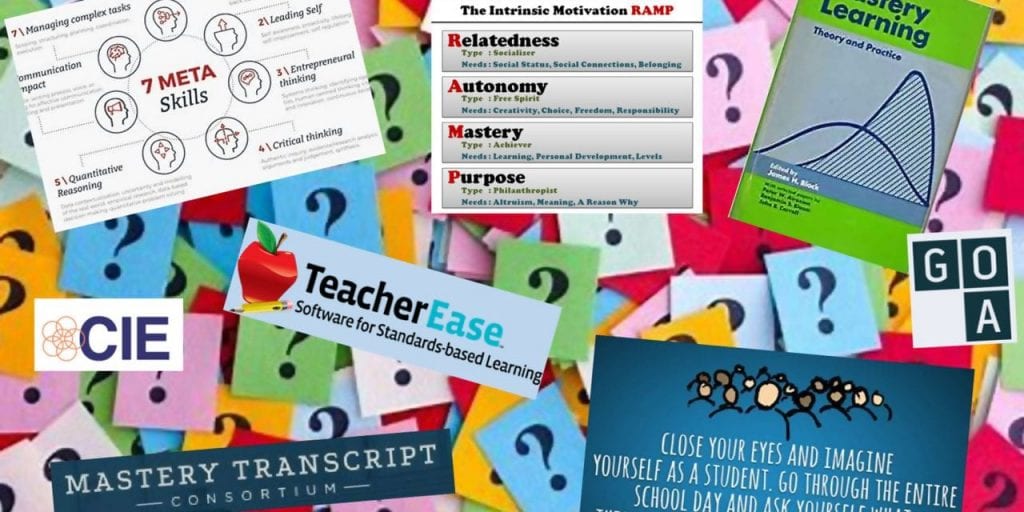Welcome, everybody, to the 2023-2024 school year.
Don’t get me wrong; I love summer. I love the change of pace in the offices at Cary Academy, and the opportunity for time to both disconnect and reflect, away from the bang-bang pace of the school year. And, while I wish my physiology let me sleep in, I do enjoy the extra cup of coffee and “slower start” to a summer day.
So, while I think summer is great—and I hope that all of you found time for rest and reflection, too—I am thrilled to start the school year and welcome to campus our 789 Chargers.
Yesterday definitely brought the energy. It was great to see so many people reconnecting, swapping stories, and welcoming our 130 new students into the fold. For the past several weeks, our employees have been working together to prepare for this year – and there is always a markedly positive uplift when we welcome the students back to campus. Practice is over. Game on!
Collectively, we are focused this year on strengthening our sense of community as part of the Charger Family. Last year, we were overjoyed to see the tremendous turnout at our joint CA/PTAA community events—parents and students alike. We felt how nice it was to be “getting back to normal” and joining face-to-face in fellowship.
At the same time, we recognize that much has changed – including “normal.” This year we will continue to re-establish what it means to “do school”—as an employee, as a parent, and as a student. During yesterday’s Upper School Convocation, I was pleased to hear these same themes echoed by this year’s student leaders – a sign, if you will, that we are all rowing in the same direction in the desire to make the charger community a source of pride and positive energy.
I look forward to seeing many of you during the first PTAA Coffee of the school year at 9am on Thursday, September 7, on the second floor of the Library (A203). At that time, I will share a bit more about what we are working on this year and how these plans fit into the larger strategic goals of the school.
In the meantime, I would like to take this opportunity to introduce you to two important new members of the Cary Academy team – our Campus Safety Director, Cedric Herring, and Campus Safety Officer, Malika Lucas. Both joined us in the early summer and will be a visible, supportive presence during school days.
Mr. Herring was most recently a police officer at the US Department of Veterans Affairs but has had a varied and distinguished law enforcement career, including as a Sergeant in the NC State Highway Patrol, Deputy Sheriff in the Wake County Sheriff’s Office, and Cary PD Officer. Prior to his police work, Mr. Herring served as a Specialist in the US Army and did a 13-month tour of duty in Kuwait as part of Operation Desert Storm. An avid sports fan, particularly baseball, you can be sure to catch him on CA’s sidelines this year.
Ms. Lucas has served as a Wake County Deputy Sheriff and School Resource Officer in Wake County Public Schools. Outside of police work, Ms. Lucas has served in operational management roles that have given her the problem-solving and public-facing skills needed to be successful at Cary Academy.
Students will see both Mr. Herring and Ms. Lucas throughout the school day, interacting in the hallways and across the campus. The security office remains in the lobby of the CMS building, and our security phone numbers are unchanged (and are posted in our handbooks and on various doors around campus). In the evenings and on weekends, other members of the Cary Academy Office of Campus Safety will be on duty and available to support students, parents, and visitors. All our safety officers will be easily recognizable by their blue shirts and warm smiles.
Please join me in welcoming Mr. Herring and Ms. Lucas, and Game On for 2023-2024!





